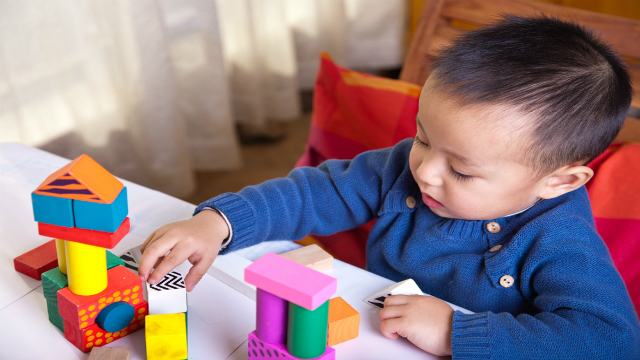The Science of Play
The emphasis on quantifying what students learn has substantially reduced or eliminated opportunities that children have for exploring, interacting, and learning on their own.
Sign up for Big Think on Substack
The most surprising and impactful new stories delivered to your inbox every week, for free.
Recess has, in many school districts, vanished from the schedule entirely. After school, parents shuttle their kids from activity to activity, depriving them of unstructured time alone or with friends. That matters, according to researchers, not just because play reduces stress and makes children more socially competent—which evidence suggests that it does. It matters also because play supposedly improves working memory and self-regulation; in other words, it makes kids sharper and better-behaved. So, ironically, by shortchanging them on play in favor of academics, we may actually be inhibiting their development.
Sign up for Big Think on Substack
The most surprising and impactful new stories delivered to your inbox every week, for free.




